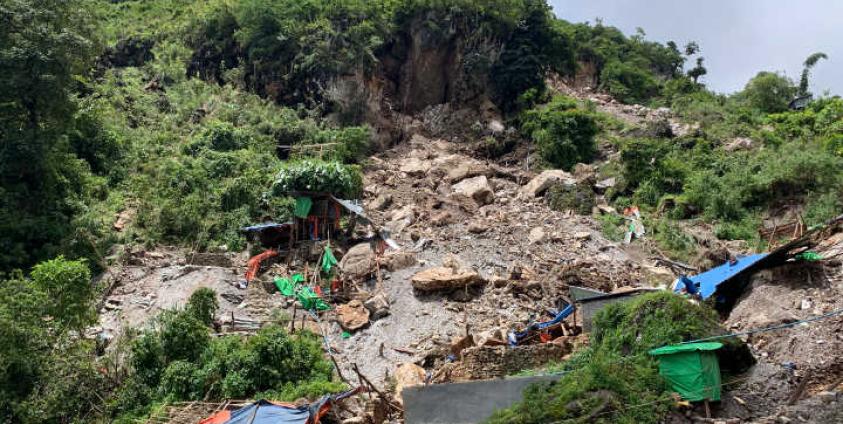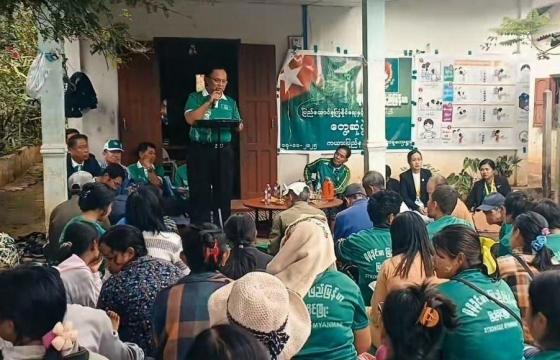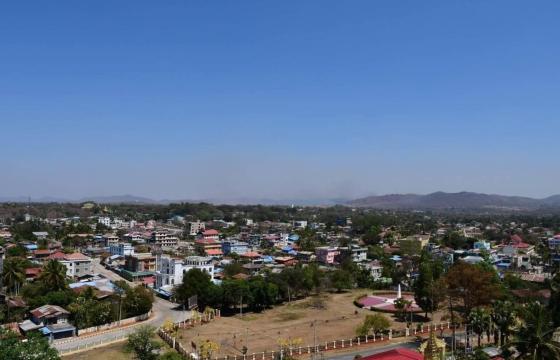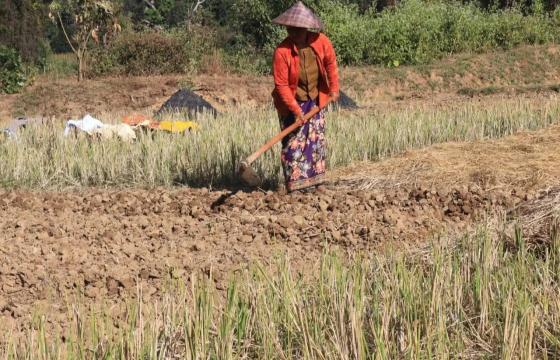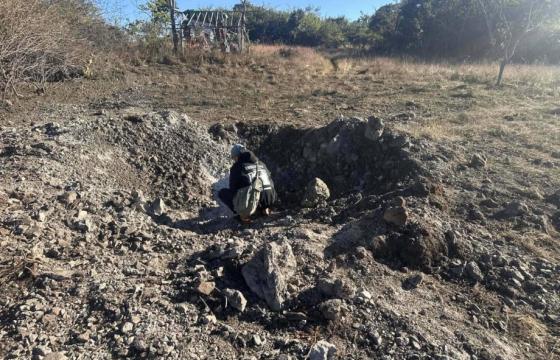The Kayah State Mineral Production Company (KMPC) has received a five-year extension to its license to extract tungsten from Mawchi mine in Karenni (Kayah) State, the state’s environmental minister said.
“The tungsten extraction license is from 2019 to 2024. The Union government permitted it—it’s a long-term project,” Te Reh, Karenni State’s minister of natural resources and environmental conservation, told Kantarawaddy Times.
He added that in companies’ contracts, it typically states that they can apply for an extension every five years, up to five times.The tungsten mine in question is located in the Mawchi area of Hpasawng Township. Locals have objected to the mining in the area due to frequent landslides.
“We are worried about it. Companies will use heavy machines when they dig… vibrations are very high,” a Mawchi local said.
“Locals are also worried about explosions in the mining project, 24 hours a day, the whole year,” he added, referring to the practice typically used to break up rock.KMPC’s license gives them access to mine for tungsten—an industrial metal—on more than 6,930 acres of land.
Their original extraction license ended in February after starting in 2014, and allowed them to mine on more than 7,040 acres. Before that, they mined from 2012 until 2013, and 2013 until 2014.
Aung Naing Oo, the chair of the Karenni State parliament’s monitoring committee on government project implementation, told Kantarawaddy that the Union government directly controls matters related to natural resource extraction, leaving the state government relatively powerless.
“The Union government takes all of the taxes from tungsten extraction,” he said.State environmental minister Te Reh said that mineral extraction companies typically keep 70 percent of revenue from such mega-projects, and the Union government receives 30 percent.
The Union government then allocates some funding to the state.The general manager of KMPC’s office in the Karenni State capital of Loikaw said that KMPC was once jointly run by government and private staff, but became fully privatized in 2012.
“At that time, the government’s enterprises were transferred into private businesses. Government staff in Kayah State [initially] formed the mineral extraction company,” he said.

